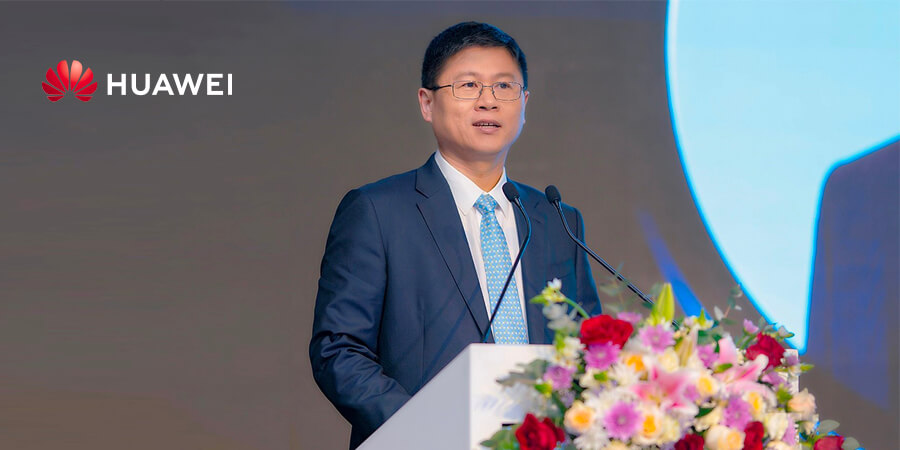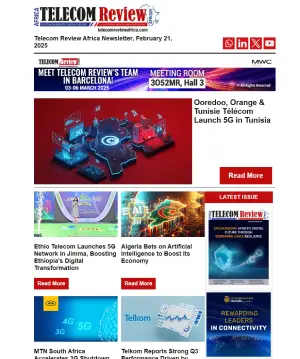Huawei and GSMA Intelligence held the Africa Mobile Broadband Summit 2023 in Dubai. The event brought together African telecom regulators, industry organizations, carriers, think tanks and industry partners to discuss a wide range of topics, including expanding mobile coverage, increasing 4G uptake, and managing the region’s evolution towards 5G.
Li Peng, Huawei’s Corporate Senior Vice President and President of the company’s Carrier BG said, “As the continent with the youngest population in the world, Africa is full of digital potential. Huawei is in Africa, for Africa. Together with regional carriers and industry partners, we will increase investment in developing innovative solutions to connect the unconnected, help bridge the digital divide, and accelerate the mobile broadband industry in Africa. By doing so, we’ll all be able to better seize the opportunities of digitalization.”
Li Peng noted that quality mobile broadband networks are the cornerstone of digital infrastructure, and they need to keep evolving to facilitate Africa’s digital transformation process. He stated, “As for how this evolution takes place, we believe that Africa can benefit from coordinated development of 4G and 5G.”
Li also touched on sustainability, particularly as it applies to growing energy consumption, “Network energy efficiency is critical as Africa takes a more sustainable path forward. Together with customers and partners, we are innovating nonstop to improve energy efficiency and drive green development with greener ICT.”
Africa’s mobile industry has picked up the pace in recent years, making mobile internet a practical reality for more people across the continent. In the past 10 years, the number of mobile broadband users in the region has increased by a factor of 20, but gaps in usage and coverage still remain.
According to GSMA Intelligence, at the end of 2022, only 28% of Africa’s population was connected to and using mobile broadband. Although 3G remains the dominant form of connectivity in Sub-Saharan Africa, the mobile industry is expected to expand rapidly and shift towards next-generation technologies over the next few years. GSMA Intelligence predicts that 4G and 5G will account for nearly two-thirds of total mobile connections in Africa by the end of 2030. In this same timeframe, the mobile industry is expected to generate US$280 billion in economic growth and become a new engine for socioeconomic development in the region.
Peter Jarich, Head of GSMA Intelligence, also spoke at the event, giving a detailed overview of trends in Africa’s mobile industry. Jarich pointed out that narrowing the connectivity gap is a top priority for all industry stakeholders in Africa. To help expand mobile penetration and bridge the digital divide, Jarich recommended that policymakers and regulators increase the supply of spectrum across all bands, ensure technology neutrality, and reduce the fiscal burden on devices. He also suggested that, while carriers continue to expand coverage, they should also consider how to more effectively drive migration from 2G/3G to 4G/5G.
Al Hassan Agack, Chief Marketing Officer of Orange Guinea, shared his own views on how to accelerate 4G development and unleash demographic and data dividends. He noted, “Sub-Saharan Africa has entered an era of data-driven operations. Carriers across the region should think about how to further accelerate the mobile industry through digital transformation and fully unleash demographic and data dividends. Orange Guinea hopes to enhance business-network collaboration through innovative digital solutions, which will help promote business transformation, improve operation efficiency, and increase business revenue.”
Benjamin Hou, President of Huawei’s Northern Africa Carrier Business, said that Huawei has prioritized the development of Africa’s mobile industry, and would work more closely with all stakeholders across the mobile industry to promote the development of mobile broadband in the region and empower a thriving digital Africa.






